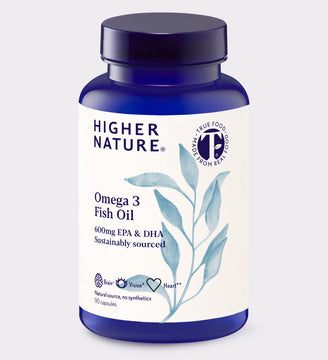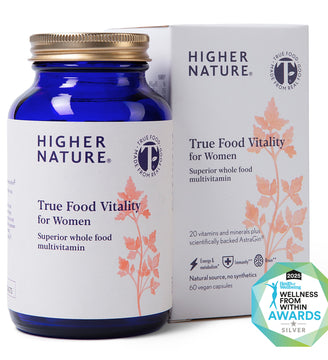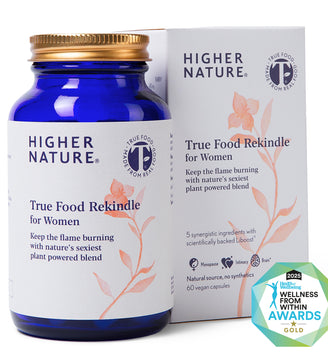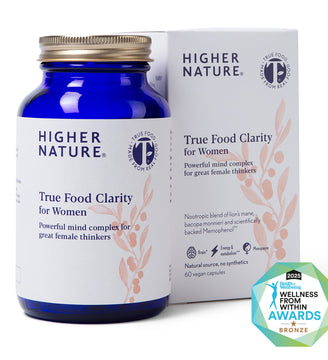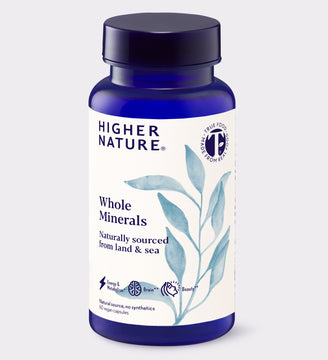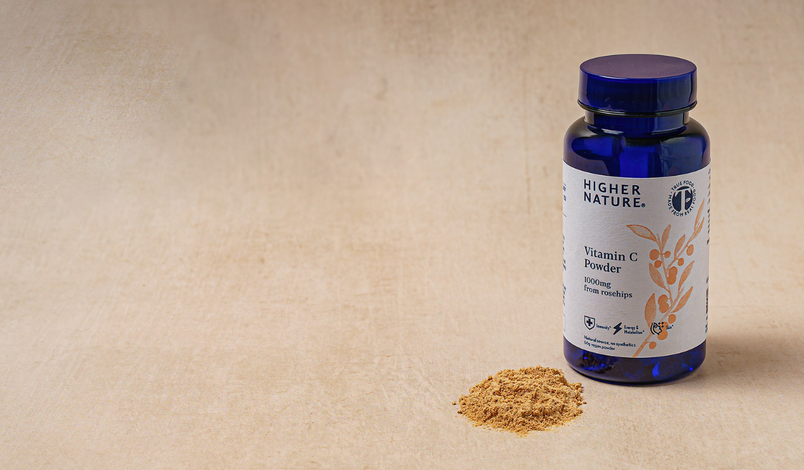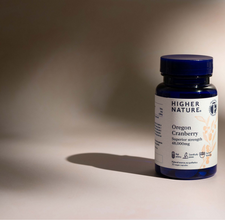
Factors influencing immunity
Higher Nature Nutrition Team
Our skin and mucous membranes, which line our digestive system, nasal cavities, lungs and urogenital systems, provide physical barriers and work in conjunction with a complicated internal army to keep us safe.
As newborns, our immune systems are immature and we rely for the first few months on immunity conferred in our mother’s breast milk. As we encounter bacteria and viruses, our immunity gradually matures and strengthens. A complex range of immune cells attack invading organisms whilst antibodies swiftly mount an immune response building up our immunity to protect us should we encounter the same virus in the future.
Our lymphatic system houses and mobilises this protective army. Comprised of the thymus, spleen, tonsils, lymph glands and lymph tissue in the gut and lymph vessels, it filters blood, destroys bacteria and trains up immune cells ready for release into the blood system. Think of it as an internal immune highway with hubs of activity at lymph nodes/glands in areas such as your armpits, neck, groin and tonsils. As well as dealing with potential pathogens, our immune system is also responsible for sweeping up any rogue cells which go wrong and have the potential to be cancerous.
So how do you give this amazing system the support it needs to best protect you?
Exercise in moderation
Physical activity is vital for ensuring an effective lymphatic system as, unlike the circulatory system, it relies on muscle contraction to keep up the flow. Too much exercise, however, is detrimental as it depresses immunity, so don’t overdo it.
Maximise immune supportive nutrients
- Vitamin C enhances white blood cells response, increases interferon levels and improves the integrity of the mucous membranes.
- Vitamin A plays an essential role in the health of the skin and mucosal barriers as well as enhancing white blood cell function, antibody response and thymus function.
- Vitamin E is vital for both cell-mediated and antibody related immunity, and deficiency results in significant impairment of immune function.
- Deficiency in B6, B12 and folic acid impairs immune function and immune response.
- Zinc promotes destruction of foreign particles, is required for proper functioning of white blood cells and activates immune enhancing thymus hormone.
Live a little dirty
Our immune system develops properly when we are exposed to bugs, so let your children or grandchildren get grubby outside.
Go sparingly with sugar
Sugar significantly reduces the ability of white blood cells to destroy pathogens. It is thought this effect starts as little as 30 minutes after consuming it, lasts over five hours, reduces effectiveness by up to half, and is dose dependent - increasing amounts of sugar cause greater negative impact. Glucose is also thought to compete with vitamin C in the body. Try swapping to xylitol instead - as a sugar alcohol, this behaves completely differently to sugar in the body but still provides sweetness.
Encourage healthy gut flora
Around 70% of our immune system is located in our gut. Our gut bacteria works integrally with our immune system to establish oral tolerance, ensuring we don’t overreact to our environment. Gut bacteria also crowd out pathogenic bacteria, prevent them from adhering to the gut lining and gaining entry, as well as producing lactic acid which helps stop harmful bacteria growing. In order to encourage good bacteria, eat plenty of fibrous and pre-biotic foods such as bananas, chicory, Jerusalem artichokes and flax seeds are particularly good, and consider taking a live bacteria supplement. Bacillus coagulans is ideal as it is a hardy spore form bacteria rapidly activated in the gut to produce lactic acid, which other, more resident bacteria strains such as Lactobacillus and Bifidobacteria need to survive.
Be mindful of alcohol intake
Alcohol is known to increase susceptibility to infection - lowering the rate at which white blood cells mobilise to areas of infection.
And finally, laugh!
Research consistently shows laughing helps activate natural killer cells, SIgA levels and gamma interferons - all measures of immune function.
So go ahead and have some fun in the full knowledge you are giving your immune system a wonderful boost.


